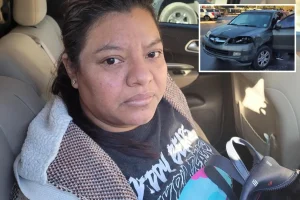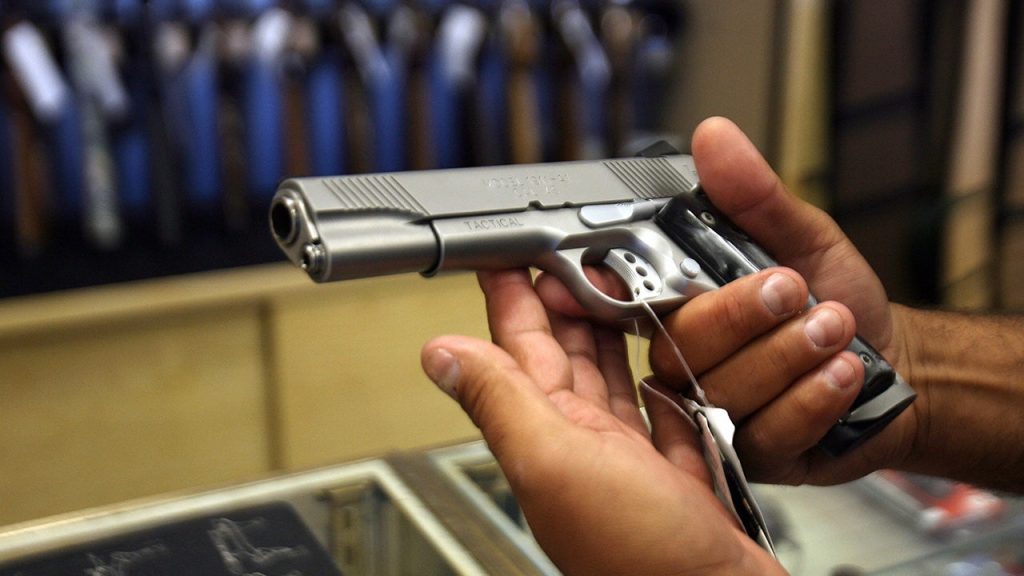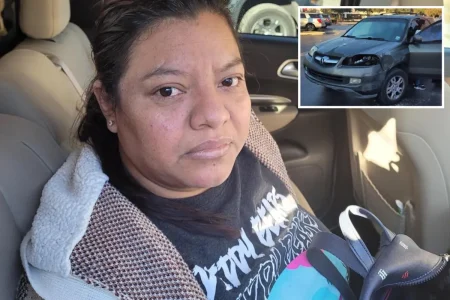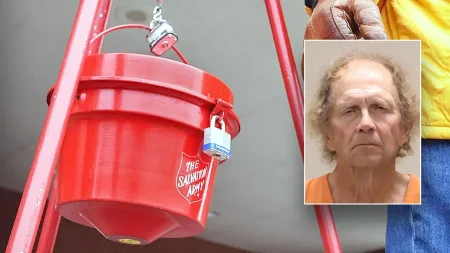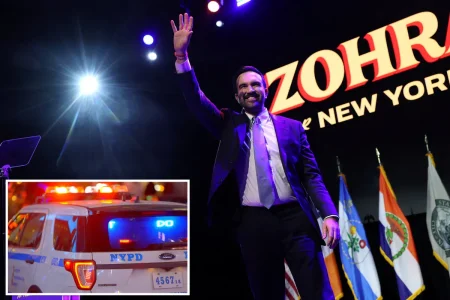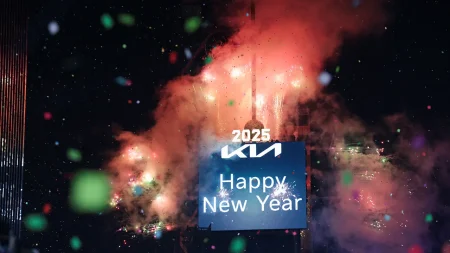Justice Department Takes Stand Against Los Angeles County Sheriff’s Department on Concealed Carry Permit Delays
In an unprecedented move, the Justice Department has filed a lawsuit against the Los Angeles County Sheriff’s Department (LASD) and Sheriff Robert Luna, alleging systematic obstruction of Second Amendment rights. This marks the DOJ’s first affirmative lawsuit in support of gun owners, focusing on what they describe as deliberate delays in processing concealed carry permit applications. According to the complaint, between January 2024 and March 2025, the sheriff’s office received nearly 4,000 new applications but approved only two as of May 8, 2025. The lawsuit paints a troubling picture: approximately 2,768 applications remained in limbo, 1,210 were withdrawn, and just two were denied—suggesting a pattern of administrative obstruction rather than legitimate review.
The investigation, launched in March after numerous citizen complaints, revealed delays that the DOJ characterized as “inexplicable” and far beyond California’s statutory requirements. The department’s review of more than 8,000 applications, including renewals, found average processing times exceeding one year—a stark contrast to the 90-day response period mandated by California law. Some applicants faced interview appointments scheduled as far out as late 2026, meaning they would wait over two years just to complete one step in the application process. Attorney General Pam Bondi made the administration’s position clear: “Los Angeles County may not like that right, but the Constitution does not allow them to infringe upon it. This Department of Justice will continue to fight for the Second Amendment.”
The federal action follows an earlier lawsuit brought by several gun rights organizations, including the California Rifle & Pistol Association, Gun Owners of America, Gun Owners of California, and the Second Amendment Foundation. Their legal challenge similarly accused Sheriff Luna and the LASD of implementing unnecessary delays, imposing additional fees, and creating new requirements to obstruct the concealed carry application process. A judge had already issued a partial injunction in that case, ordering the LASD to reduce wait times and requiring California to establish a process for non-residents to apply for permits beginning in April—suggesting the courts have already recognized merit in these complaints.
Chuck Michel, president and general counsel of the California Rifle & Pistol Association, expressed strong support for the DOJ’s intervention, noting that his organization had been working county by county across California to ensure compliance with the Supreme Court’s Bruen decision regarding concealed carry rights. “Stubborn jurisdictions, such as Los Angeles, dug in their heels with delays, fees and new requirements to keep lawful citizens from securing CCWs,” Michel stated. “We are thrilled that the Trump Administration finds this abuse as egregious as we do.” This sentiment reflects the frustration many Second Amendment advocates have felt regarding what they perceive as deliberate administrative tactics to circumvent constitutional rights.
The Justice Department’s lawsuit, filed in the U.S. District Court for the Central District of California, represents a significant shift in federal enforcement priorities regarding Second Amendment rights. Assistant Attorney General Harmeet K. Dhillon of the Civil Rights Division emphasized this perspective, stating, “The Second Amendment is not a second-class right.” This language directly echoes Supreme Court opinions that have rejected treating gun rights differently from other constitutional protections—a principle that forms the foundation of the DOJ’s current action against Los Angeles County.
The case highlights a growing tension between local jurisdictions with stricter views on gun control and federal interpretations of Second Amendment rights, particularly following the Supreme Court’s expansion of those rights in recent decisions. While California has traditionally maintained some of the nation’s most restrictive gun laws, the DOJ’s lawsuit argues that administrative delays cannot be used as a backdoor method to deny constitutional rights that local officials may disagree with. The outcome of this case could have significant implications for how concealed carry permit systems operate in jurisdictions across the country, potentially establishing clearer timelines and processes that balance public safety concerns with constitutional rights. As of the filing, the Los Angeles County Sheriff’s Department had not responded to requests for comment on the allegations.

